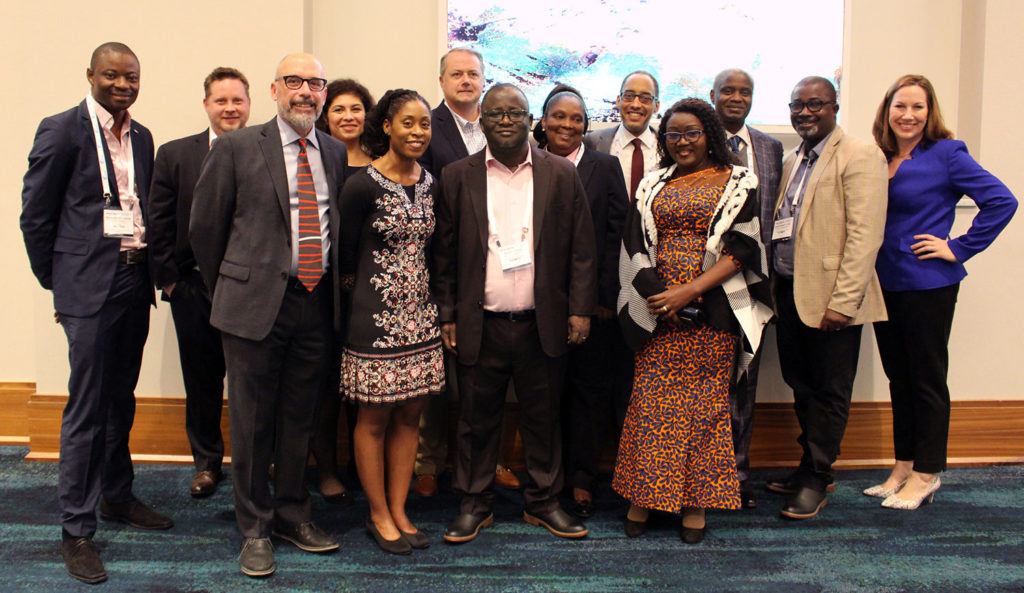At the 2019 American Society of Tropical Medicine and Hygiene (ASTMH) Annual Meeting, FHI Clinical hosted a dinner (unaffiliated with ASTHM) for a group of speakers and guests from all facets of clinical research — sites, pharma, government, academia, nongovernmental organizations and biotech. We discussed strategies to keep sites active and leverage research-ready sites (and their patient populations) in areas that are not necessarily front of mind. With this blog series, we will describe some of the topics discussed during the event.

Wasted Investment and Missed Opportunities
Sustaining research capacity in resource-limited settings is a topic we are particularly passionate about. We believe that increased research capacity will help address public health issues around the globe. Often, to address outbreaks, research is staffed by temporarily deployed external teams, with support from local healthcare and community workers. In many of the locations where we have worked over the years, we have seen firsthand the significant investment by internal and external stakeholders to establish research facilities, infrastructure and capable staff to meet disease outbreaks. Unfortunately, after the initial need is met and without follow-on research, local staff members that were trained for clinical research return to their day jobs, and equipment and facilities go unused.
At the same time, we are excited to be part of relatively recent research initiatives in countries around the world. These programs build local research capacity that aligns with the countries’ public health initiatives. To highlight some of these efforts and introduce new research partners to the audience, we invited speakers from within our own networks to share their work at our event at ASTMH.
Speakers included:
- Dr. Stephen Hoffman from Sanaria, Inc.
- Bernice Dahn, Vice President of the College of Health Sciences at the University of Liberia
- Nsengi Ntamabyaliro, Head of the Division of Training and Supervision at the Unit of Clinical Pharmacology and Pharmacovigilance (UPC-PV) at the University of Kinshasa
- Offianan Andre Toure, Head of the Department of Parasitology & Mycology at the Institut Pasteur of Côte d’Ivoire
- Mahamoud Sama Cherif from the National Center for Training and Research in Rural Health of Mafèrinyah, Guinea
Making Temporary Resources Permanent
One of the common themes discussed was the initiation of research capacity building after an outbreak, which often decimated the population, stressed the local health care systems and resulted in large economic losses for the countries. However, after the outbreak was contained, these countries didn’t return to the status quo. Instead, they took the opportunity to convert temporarily deployed resources and new research skills into permanent, locally based, nationally and internationally supported research infrastructure. Country-specific research agendas and health priorities guide the research at these new facilities, and knowledgeable key partners, such as FHI Clinical, are helping to identify studies that are a good fit for their capabilities and public health priorities.
Collaborative relationships ensure site sustainability. Working together, we can develop sites that are ready to accept new projects and can guarantee excellent quality and value. Over the next few blog posts, we’ll discuss the research and opportunities available in the speakers’ organizations and countries.
Want to know more about sustaining research capacity? Read more here.

